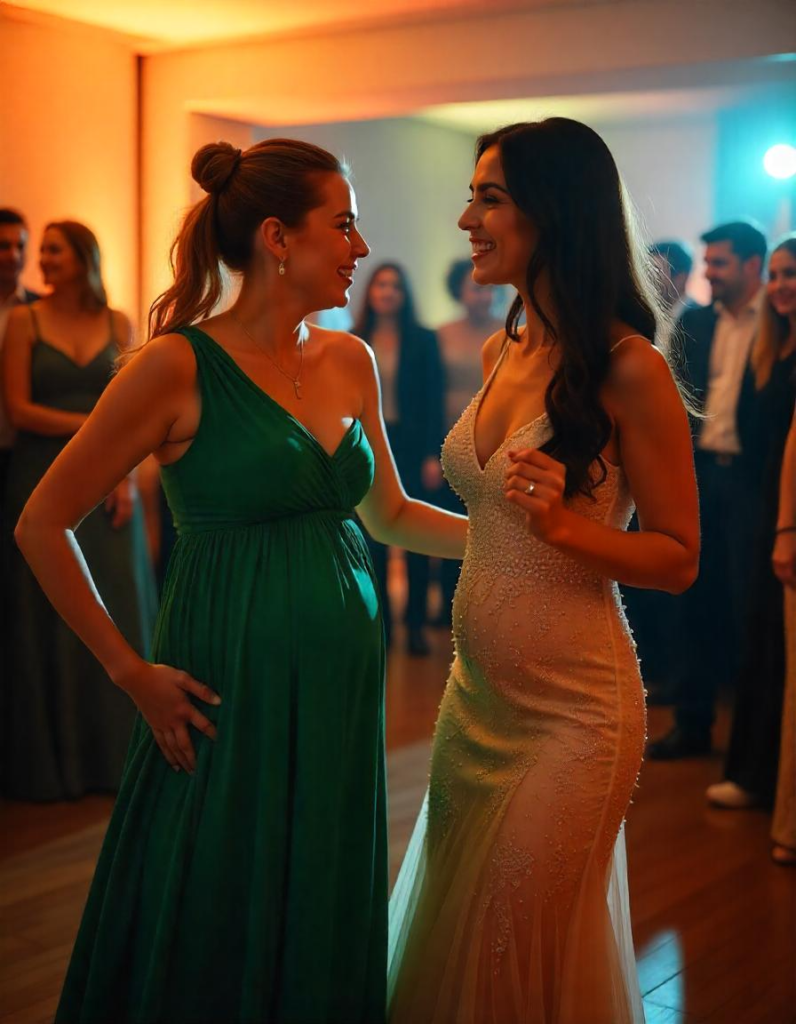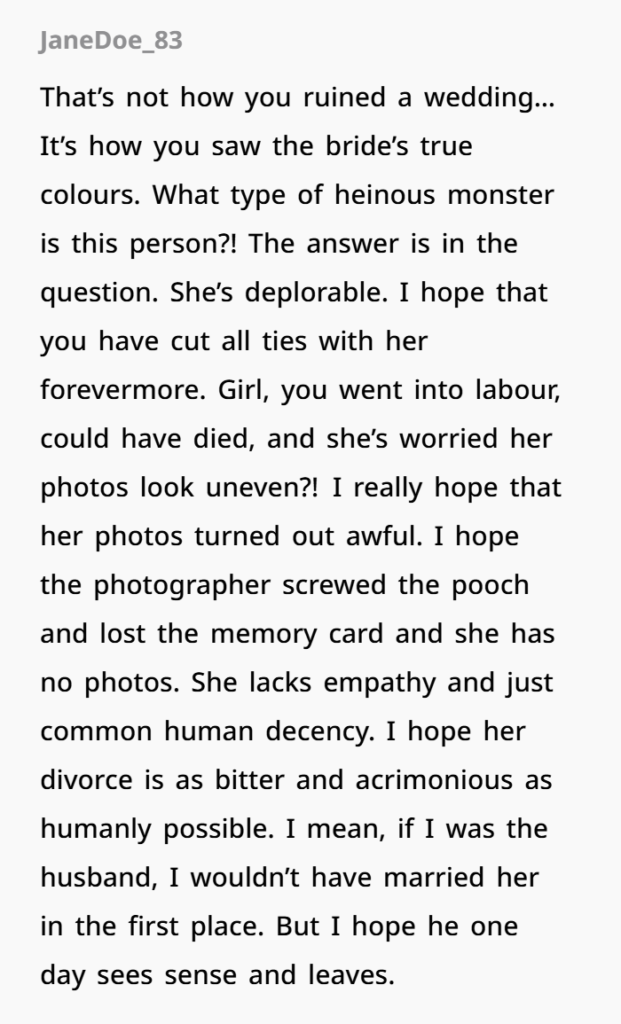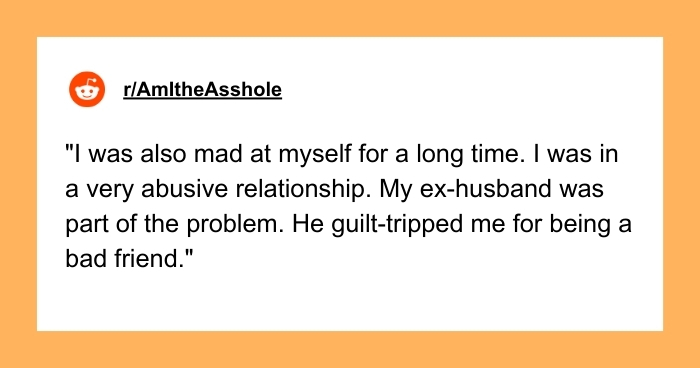I ruined my friend’s wedding because I was pregnant
In this heartfelt and intense recounting, the OP (original poster) shares a story of unexpected wedding drama, all sparked by an event nearly a decade ago. At just 22 and heavily pregnant with twins, OP was asked by her friend Vicky to be a bridesmaid, seemingly more for her artistic abilities than friendship. The early signs of trouble began with a strict, unflattering bridesmaid dress choice that didn’t accommodate OP’s very pregnant body. Despite reasonable concerns and suggested adjustments, Vicky accused her of trying to “stand out” and forbade any modifications. Even as her health deteriorated, culminating in a severe seizure and subsequent medically-advised bed rest, Vicky’s focus remained squarely on how OP’s absence would “ruin” her big day.
Feeling the weight of guilt from both her friend and her own internalized need to please others (exacerbated by an abusive partner at the time), OP pushed herself to attend the wedding against medical advice. Unfortunately, the stress and strain culminated in a medical emergency during the photo shoot, where she went into labor due to a placental abruption—a life-threatening complication. OP left the wedding quietly to avoid causing alarm, was hospitalized that night, and thankfully survived alongside her newborn twins. For years, she believed Vicky’s lasting grudge stemmed from the lead-up to the wedding, only to discover recently that Vicky had been angry because OP’s early departure made the wedding photos “uneven.”
Now 32, OP reflects on the experience with the clarity of someone who has healed. Having left her toxic marriage and surrounded herself with healthier relationships, she can look back and recognize the event not as a personal failure but as a reflection of unhealthy people she has since moved on from.
Read for more info Reddit















Here were the top rated comments from readers in response to the OP’s post:
This story resonates deeply because it taps into the complex dynamics of people-pleasing tendencies, the impact of abusive relationships, and the unrealistic expectations often attached to weddings. Research shows that chronic people-pleasing is often rooted in childhood conditioning or trauma, where individuals learn that their worth is contingent upon fulfilling others’ needs, often at their own expense (Korb, 2015). For OP, not only was she dealing with an overbearing bride but also the manipulation of an abusive partner who reinforced these harmful beliefs.
In terms of wedding etiquette and expectations, there’s ample precedent illustrating how brides (and grooms) sometimes allow the pressure of perfection to warp their behavior. The phenomenon colloquially known as “bridezilla” syndrome reflects how stress, societal pressures, and financial burdens can sometimes push people into extreme and inconsiderate behavior. However, in no world is it reasonable to expect a friend who is medically advised to be on bed rest to risk her health for a photoshoot. In fact, legal precedents highlight the severity of these risks. For instance, in medical malpractice cases involving placental abruption, failure to act on symptoms quickly can lead to wrongful death suits (American College of Obstetricians and Gynecologists, 2020). This underscores how severe the situation was for OP, who by all accounts nearly lost her life that day.
Vicky’s lasting grudge over “uneven photos” reveals an almost shocking lack of empathy. It’s worth noting that in wedding planning circles, photographers are accustomed to handling unforeseen absences. Professional photo retouching, alternative poses, or even selective cropping are common solutions for missing members. To hold a decade-long grudge because a pregnant bridesmaid had a medical emergency not only reflects a lack of basic compassion but borders on emotional narcissism, where someone else’s real crisis is minimized because it inconvenienced their aesthetic or narrative.







Finally, OP’s recovery arc is not just inspiring—it’s emblematic of post-traumatic growth. Leaving an abusive partner, seeking therapy, setting boundaries, and fostering a healthier life reflect the positive changes many experience after escaping prolonged toxicity. This reinforces the value of self-advocacy, and how recognizing and enforcing your limits, even if others label it as “selfish,” is often a radical act of self-preservation.

